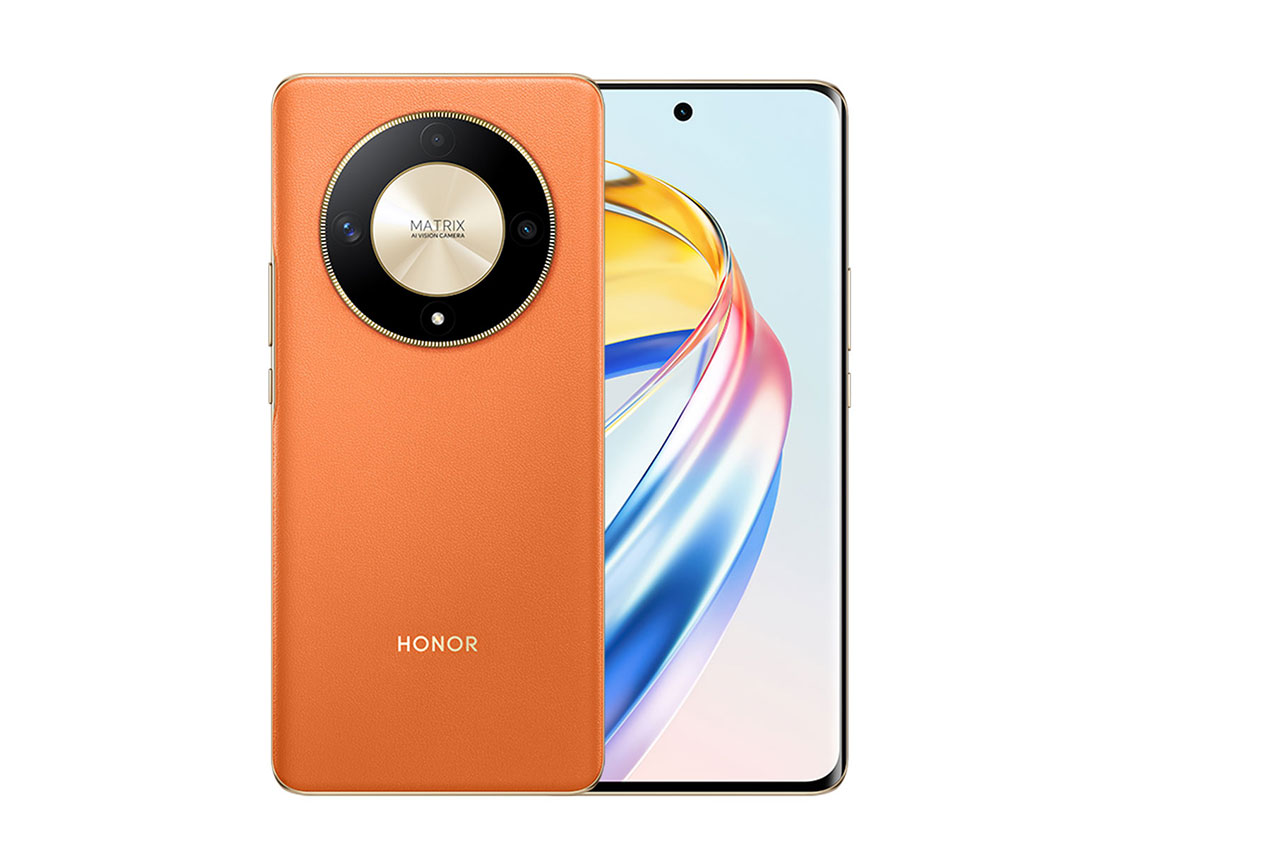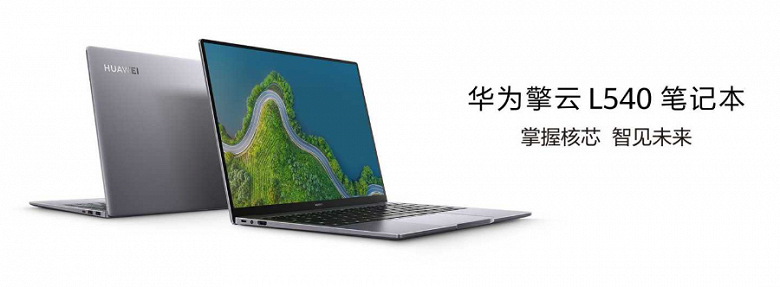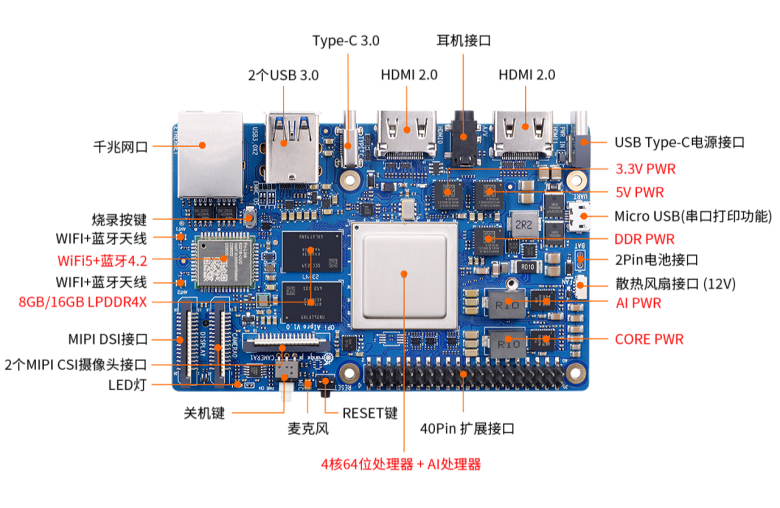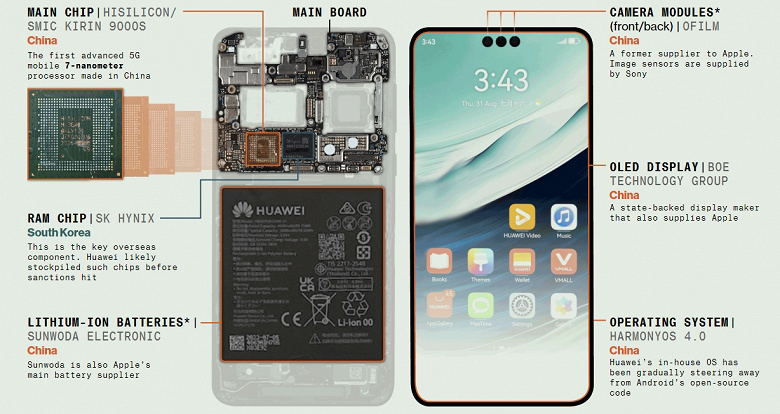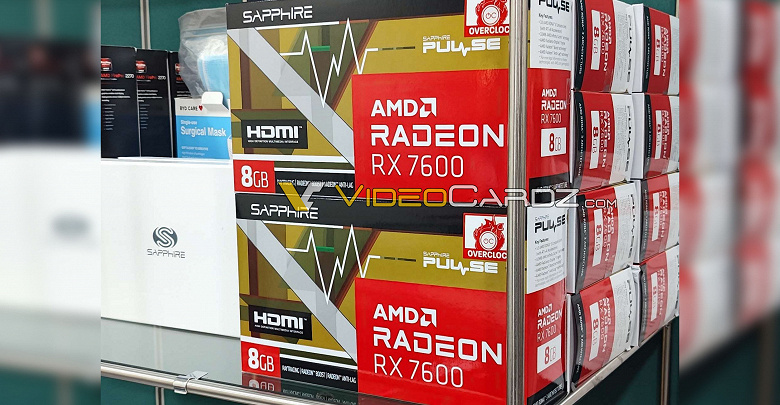Earlier, a top manager said that HarmonyOS is not a copy of iOS and Android
Wang Chenglu, President of Huawei’s Consumer Software Division, decided to finally clarify the main differences between HarmonyOS, iOS and Android.

Huawei named the main differences between HarmonyOS, iOS and Android
HarmonyOS (HongmengOS in China) for smartphones is considered by many as an alternative to Android. Earlier in the network, there were messages that the first release of mobile HarmonyOS 2.0 will be based on the same Android.
Wang Chenglu said yesterday that HarmonyOS is not a copy of iOS and Android. He has provided a visual (for those who know Chinese) table showing the main differences between the platforms.
Featured HarmonyOS Features:
- Hardware platform: not only mobile phones but many IoT devices such as TVs, cars, home appliances
- Growth area: IoT devices have huge potential
- Benefits: open-source, speed, and an ecosystem of interoperable devices
- Disadvantages: “newborn” system during development
- Application development: unified development, adaptation to many devices at once
Featured iOS Features:
- Hardware platform: mobile phones only
- Growth area: limited
- Benefits: smoothness
- Disadvantages: closed
- Application development: customization
Featured Android Features:
- Hardware platform: mobile phones only
- Growth area: limited
- Benefits: open source
- Disadvantages: fragmentation, discontinuity
